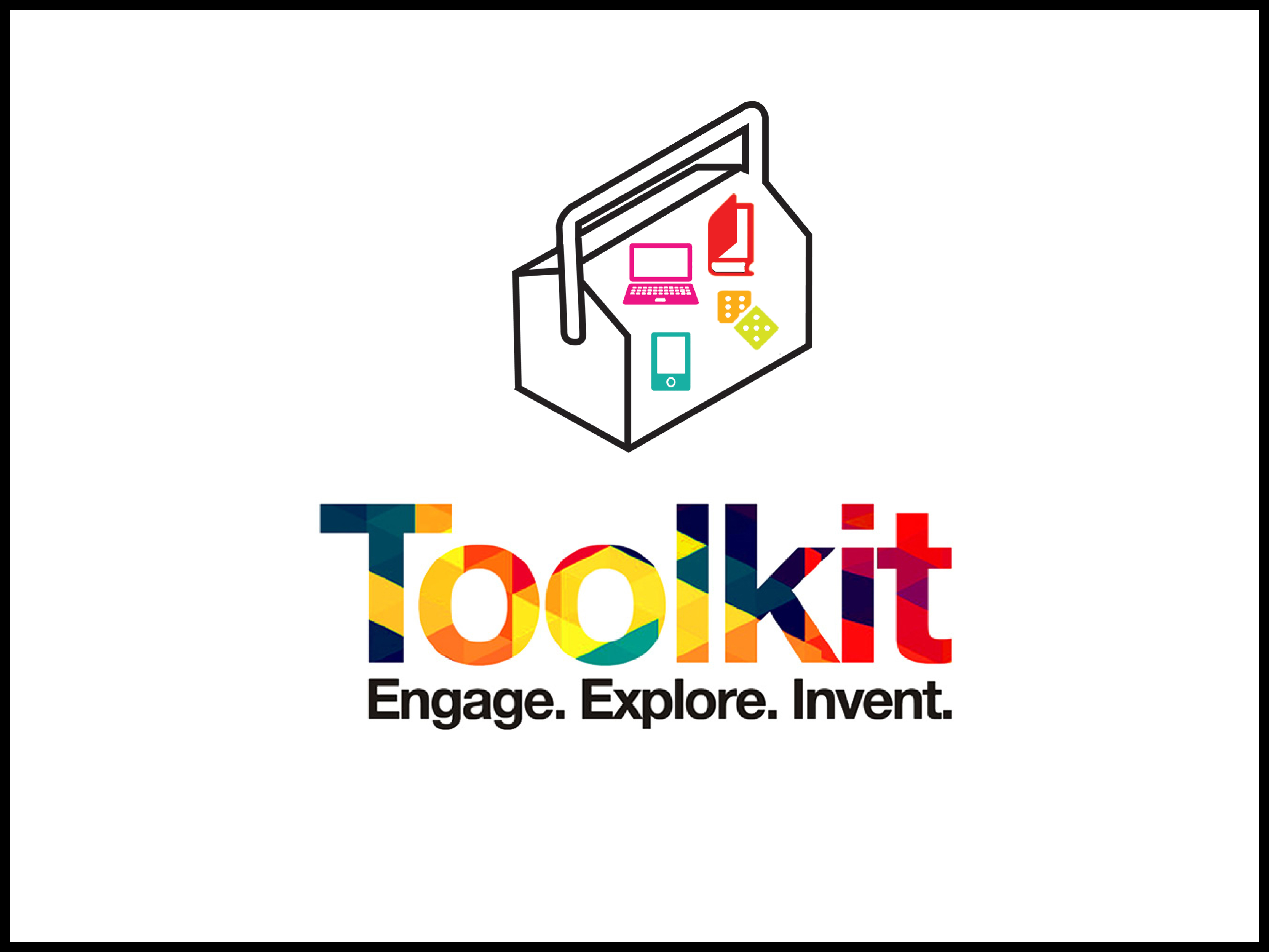
Year | 2012
Location | Doncaster, South Yorkshire
Client | Doncaster Civic Trust
The aim of this project was to create a resource or ‘toolkit’ for schools, to engage Doncaster’s youth with the built environment, raise awareness of places and spaces in Doncaster and promote the work of the Doncaster Civic Trust. The focus group for the Toolkit were 9-12 year olds.
The clients were Doncaster Civic Trust, who are group dedicated to preserving and promoting the quality of Doncaster’s built heritage, and currently offer a bursary to students wanting to pursue an architectural career. Throughout the project, we established links through Lisa Procter, a consultant working for the Trust, with outreach groups, high schools, youth clubs and primary schools, who were instrumental in shaping the content of the toolkit. We also made contact with public organisations such as Friends of the Hyde Park Cemetery who were a vital source of information about the city.
What is the toolkit?
This was a question that was continually revisited throughout the entirety of the project, in group discussions and at the workshops. We chose to relate all the content to four sites in Doncaster, based on the research carried out previously. These were St. George’s Minster, the Market Place, Sir Nigel Gresley Square and finally Hyde Park Cemetery.
The Toolkit itself is a resource aimed at encouraging Doncaster’s youth to ENGAGE, EXPLORE and INVENT their city’s built environment. It strengthens collective creativity, and the playful side of design, focusing on users’ real needs as receivers of architectural innovation. It is made of 4 components – the activities guide, a boardgame, a website and an application.
The content for these ‘Tools’ was developed through a series of workshops with various groups. Following the workshops, a cycle of activites had been established. Engage (that were introductory indoor activities), explore (walks and tasks undertaken outdoors) and invent (where students return for reflective review and sharing of experiences).
A physical toolkit holds the activities guide, game cards, instructions and player motifs for the boardgame and an A1 map of Doncaster. On the back is a gameborad for the invented game – “Donny Know”.
The website is an online companion to the activities guide in the toolkit. It contains all of the tasks from the guide as well as downloadable links to the worksheets and tools for each activity. You can visit the website at www.toolkit4doncaster.co.uk.
The mobile application exists as a feasibilty for future development of an App. It was designed as a stand-alone tool that can be distributed to and used by anyone, but also a complimentary accessory to the toolkit as a whole, affording a level of interaction to further the experience of the user.
Click on the following link to view a short film describing the Mobile Exploration App

